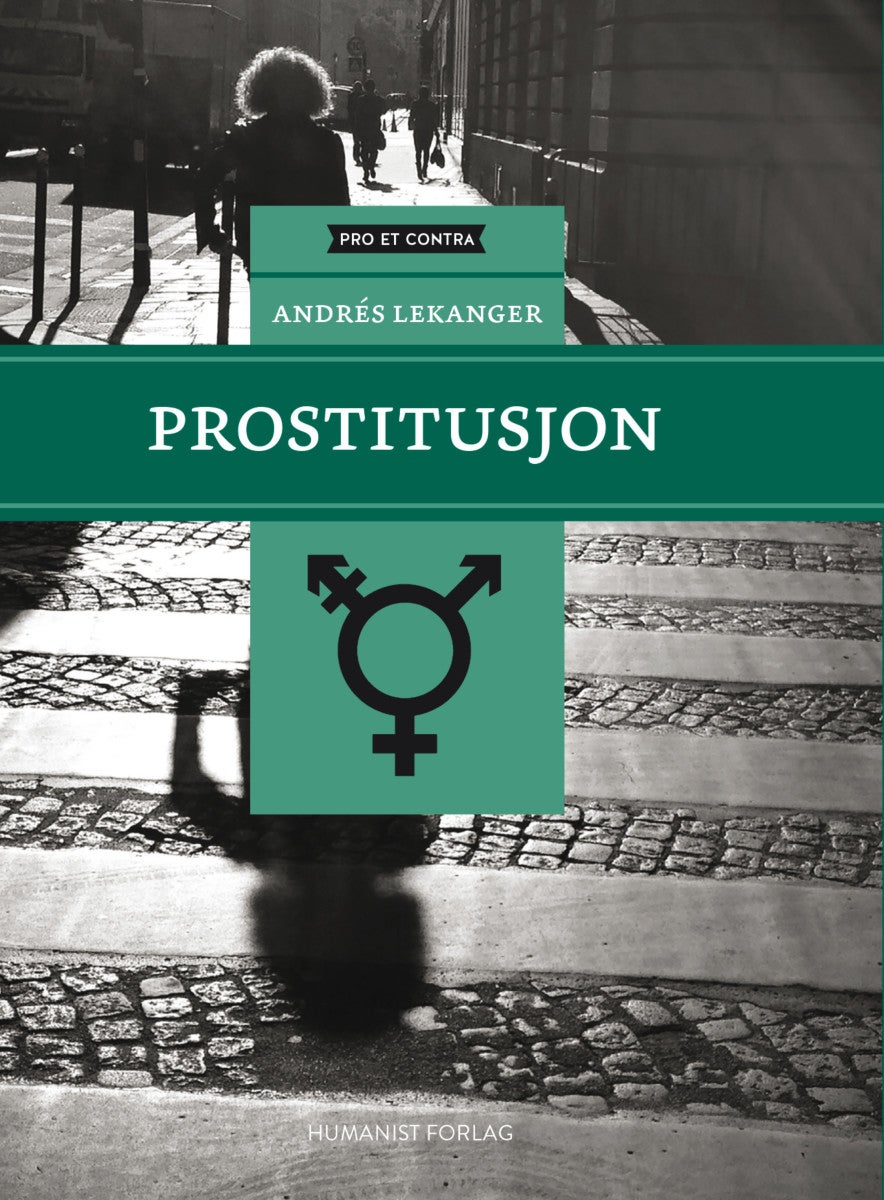
Resilience of Democracy
1629,-
<P>Illiberalism and authoritarianism have become major threats to democracy across the world. In response to this development, research on the causes and processes of democratic declines has blossomed. Much less scholarly attention has been devoted to the issue of democratic resilience. Why are some democracies more resilient than others to the current trend of autocratization? What role do institutions, actors and structural factors play in this regard? What options do democratic actors have to address illiberal and authoritarian challenges? This book addresses all these questions.</P><P>The present introduction sets the stage by developing a new concept of democratic resilience as the ability of a democratic system, its institutions, political actors, and citizens to prevent or react to external and internal challenges, stresses, and assaults. The book posits three potential reactions of democratic regimes: to withstand without changes, to adapt through internal changes, and to recov








